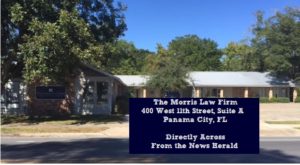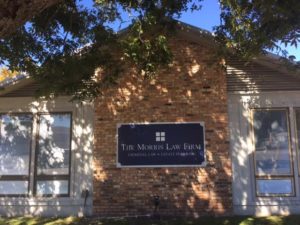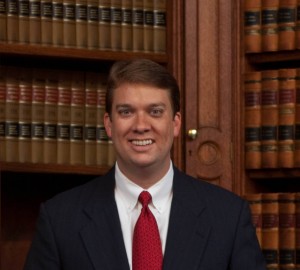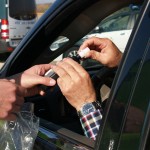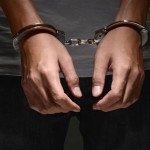If you have been arrested for DUI in Panama City, you have most likely been subjected to a Breathalyzer and possibly other sobriety tests as well, such as walking along a straight line. These tests are designed to determine whether your blood alcohol concentration (BAC) is at or above .08%, which is the legal limit for drivers in the United States.
A DUI is a criminal offense. If you are found to have a BAC of .08% or higher while operating a motor vehicle, you can face penalties including fines of at least $500, jail time, community service, probation, vehicle impoundment, and the suspension of your driver’s license for up to one year. If your BAC was .15% or higher or you have received a DUI charge in the past, these penalties can be greater.
Breathalyzers are not only used in DUI arrests. If you were arrested while out drinking on the beach, you may be subject to a Breathalyzer test. Individuals in this situation may face charges of public intoxication, lewdness, loitering or disturbing the peace, or underage drinking and possession of alcoholic beverages.
What is a Breathalyzer?
A Breathalyzer is an electronic device that determines an individual’s BAC by taking a sample of his or her breath. Breathalyzer results are admissible in Florida courts. However, they must be administered to the state’s set of laws for their use to be considered to be valid, admissible evidence. These laws required the following:
- When a driver is pulled over on suspicion of DUI, the individual who administered the test must be able to reasonably ensure that the defendant did not take anything by mouth or regurgitate anything within the 20 minutes leading up to the test. This individual may be a police officer, breath test operator, agency inspector, or other designated test administrator. If the defendant can prove that the administrator was not close enough to him or her during the 20 minutes leading up to the test to determine that he or she had not ingested or regurgitated anything, the test results may be found inadmissible.
- The driver must be given two Breathalyzer tests within 15 minutes of each other. If the test results have a difference of more than .02%, the driver must be given a third test. If this again is not within .02% of one of the other readings, the test results may be found inadmissible. This does not mean they necessarily will be tossed out – only that this is an option. If your received three Breathalyzer tests, talk about this possibility with your attorney.
Basically, the Breathalyzer test must comply with Florida’s laws regarding such tests and be properly calibrated for your results to be admissible in court.
Should I Blow?
This question puts the law at odds with the interests of the driver. Refusing to take a Breathalyzer test is a violation of Florida law and can result in a one-year driver’s license suspension for your first offense and an 18-month suspension for any subsequent refusals. Florida, like other states, has what is known as an “implied consent” law. This means that when you receive your driver’s license, you agree to take any chemical BAC tests you are asked to take by law enforcement. Refusing to take a Breathalyzer will not stop the State from prosecuting you. Prosecutors take “refusal” cases before juries everyday in this state. However, taking the test, when you know you are likely over the limit, is tantamount to incriminating yourself for the crime. It’s one more weapon the State can use against a driver to prove the DUI. By refusing to submit to a breath test, the State must rely on other evidence to prove their case.
In the end, the best practice is to not drink and drive. If you choose to drink and drive, you are putting yourself at risk. Your only option is to choose which pot you want to jump into, a suspended license or hard evidence of your guilt.
DUI Attorney in Panama City
If you have been arrested for a DUI in Panama City, you need to begin working with an experienced DUI attorney as soon as possible to determine the best way to defend your case in court. The Morris Law Firm is here to help you through this difficult situation. Contact our firm at 850-257-5680 to schedule your legal consultation with us and discuss your legal options.


